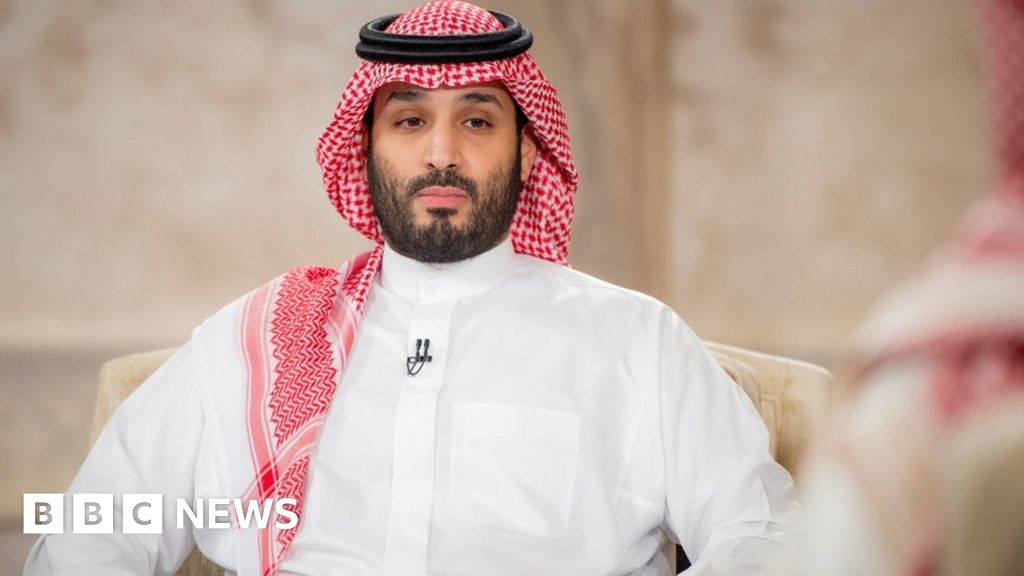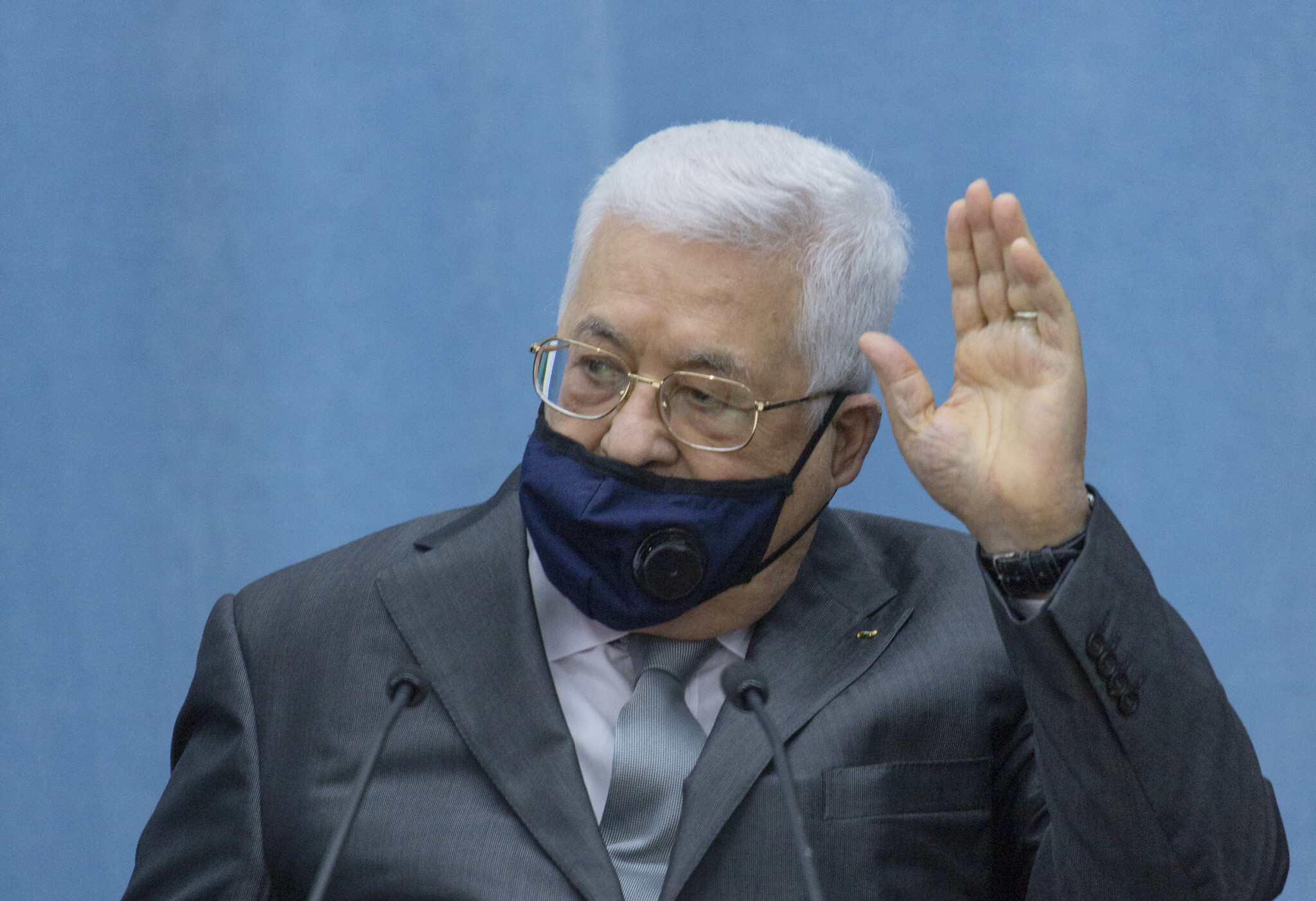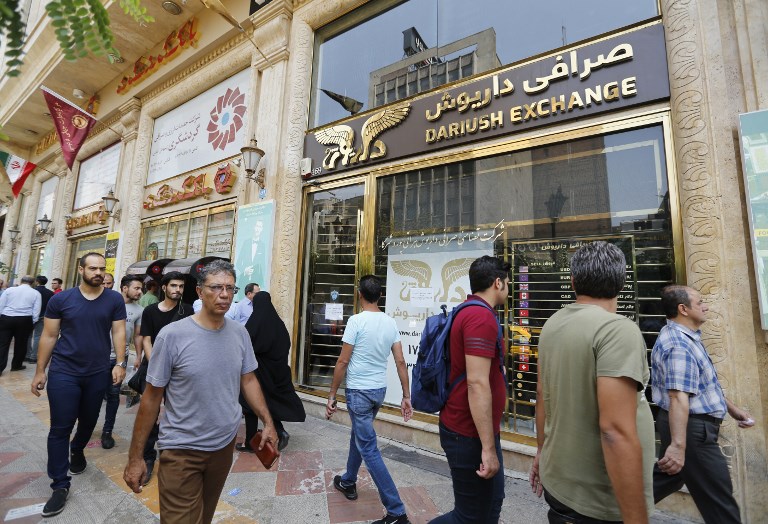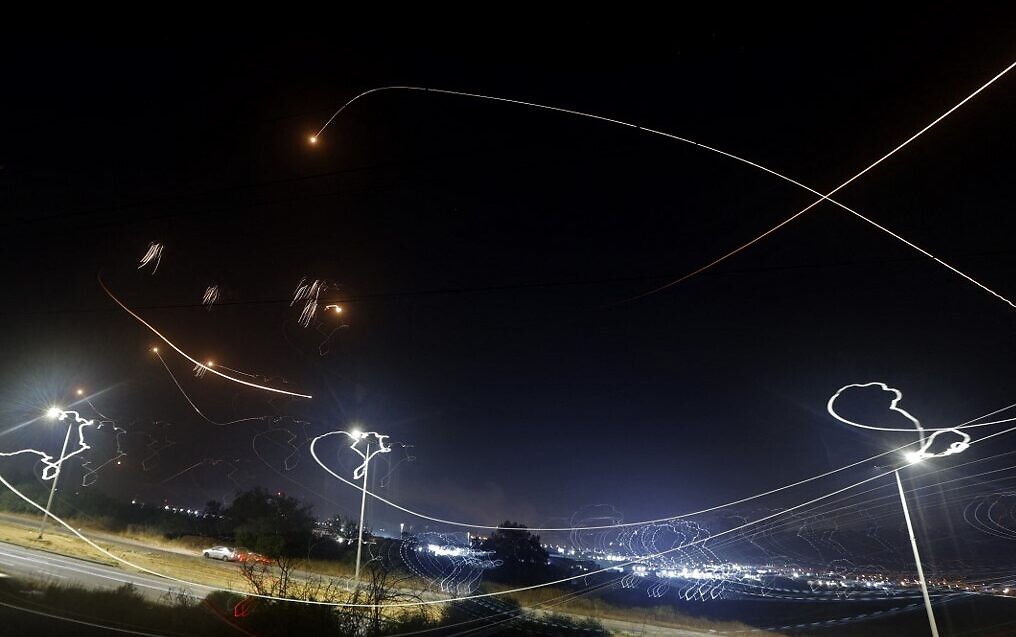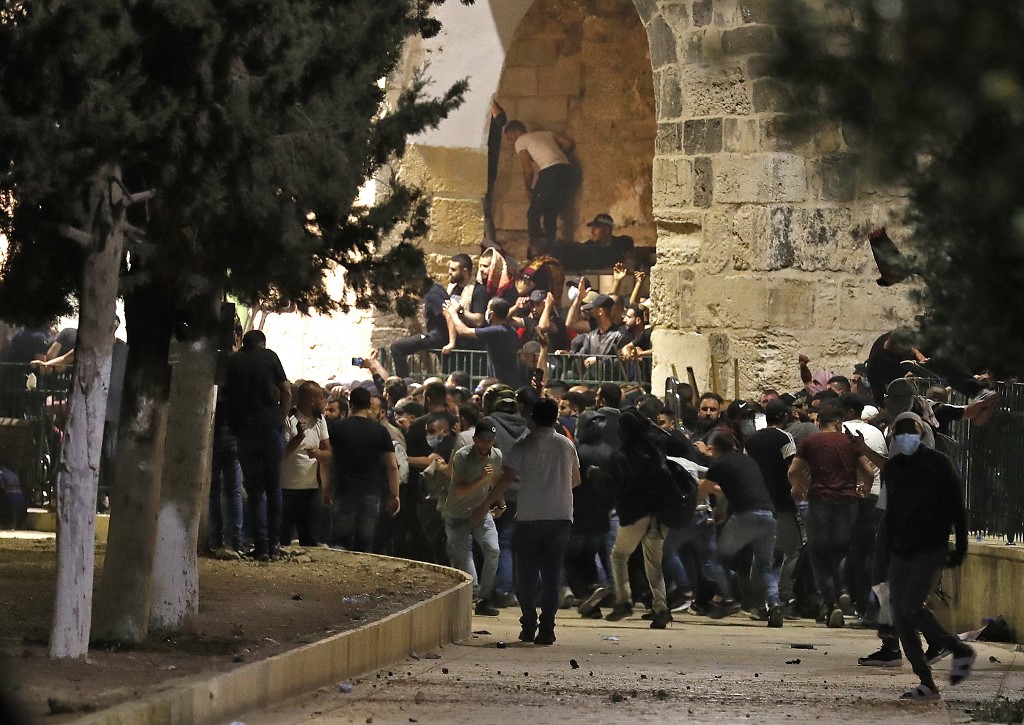Big_Zucchini
Well-Known Member
I thought it might be electioneering, but then the IDF would probably deploy more troops to the Gaza region. If it is, then Hamas may be doing this, as usual, in response to internal politics - the PA is set to announce a delay in elections in the coming days.Aren't Palestinian Territory elections due soon as well? It could be Hamas and PIJ electioneering as well. I gather that not all of the voters are happy with them so there maybe some backlash in the ballot box. However the average Palestinian voter doesn't really have a lot of choice and they need something to help stir things in order to induce change.
That's long done. There are Arabs in key positions in the IDF, in the government, even some ministers. Cooperation with Arab parties (note: there are multiple Arab parties with more differences between themselves than with non-Arab ones) and combined Jewish-Arab parties (only one party describes itself as such but the biggest parties also have Arab MKs).I think that if the Israeli government did something totally unexpected and say the Jewish political parties worked with the Israeli Arab party in the Knesset by bringing them into a governing coalition may just be the start. It's not a quick fix, but maybe the start to a long term change in the Palestinian mindset.
The problem was never there.
Heck, if it was even relevant, the various Palestinian governments would actually care about their people, in which case any sort of warfare would not be even considered, let alone versus a much more powerful state actor.
Yeah, maybe once in a while there's like, one MK who cares about the Palestinian cause just for the sake of more votes, but like every Arab government anywhere, they don't really give a damn. They also have to tone down that speech to actually cooperate with others, because while many people outside Israel view the two people as inseparable, the Israeli and Palestinian publics, and their respective governments, see each other as entirely separate and foreign entities.The trick is to convince the Palestinians that these Israeli Arab politicians will advance their cause within the government.
So in Israel, a politician advancing something for the Palestinians, would be viewed much like a German politician talking about how to help the French people rather than the Germans.
The UAE and KSA were and possibly still are significant foreign players in the Palestinian elections - they support a contender named Mohammed Dahlan, former head of the PA's Preventive Security Force, and he is seen as a resourceful player. He was officially banned from running, but time will see.If the Abraham Accord nations could be bought onboard to help and other outside groups as well, the possibility that an eventual peace could be reached between the State of Israel and the Palestinian State.
Dahlan will be a very good negotiations partner for Israel, as he played a part in the UAE-Israel peace deal.
That's not up to the Palestinian people to decide. Hamas and Iran want power. And they will crush whatever resistance that rises.that may encourage more moderate political movements within the Palestinian Nation. The end result would be less Hamas and less Iranian involvement.
And to the rest I will not reply for fear it will become too political.

